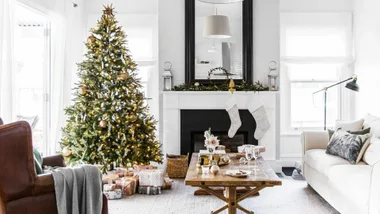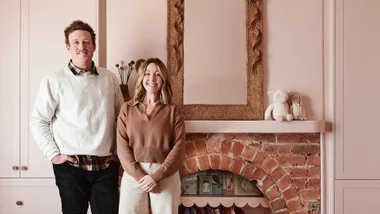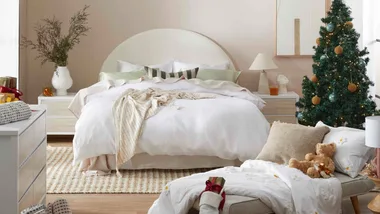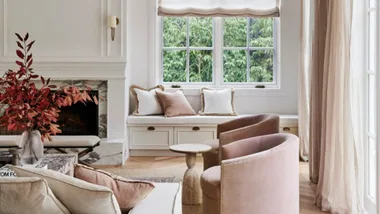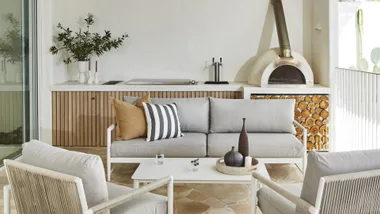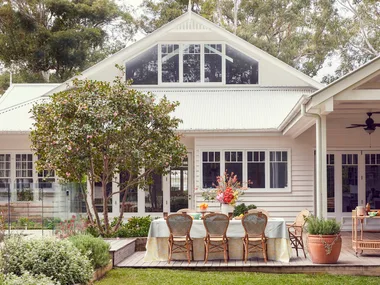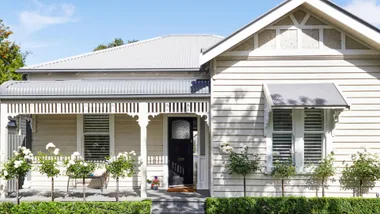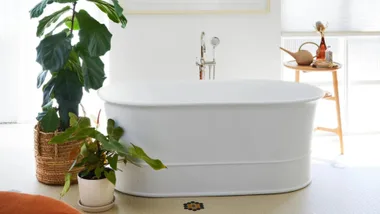Looking for front garden ideas for winter, why not add some potted colour for instant wow!
If your garden tends towards drab in winter, a great way to shift the focus away from bare branches and boggy bushes is to plant up a selection of flowering annuals into pots.
Here are our quick tips for how to make an impact.
1. Use one type of flower for some va-va-voom
For maximum impact in your pot, go for a large scale, eg delphiniums, snapdragon or bright orange clivia massed together. Orchids are a delight in winter to brighten up your garden, cymbidium flower in late winter and Phalaenopsis, or moth orchids will continue to flower if kept in a warm spot with filtered sunshine
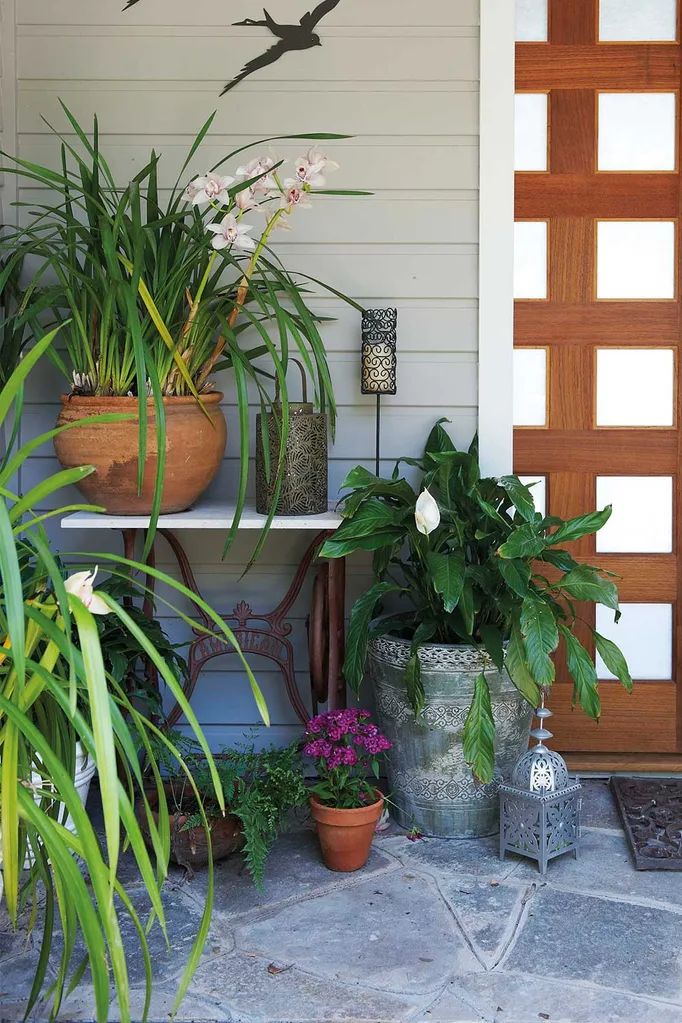
2. Work with a couple of different plants
Using the concept of “thrillers, fillers and spillers,” plant pots with three kinds of plants that grow to fill in space and impress
- “Thrillers” stand tall in the centre of the pot (or rear if placed against a wall), eg cyclamen, begonia, kalanchoe or bulbs such as hyacinth, jonquils or tulips
- “Fillers” are a lower, bushier plant that will group underneath and give the pot a lush feel eg. lobelia, pansies, native daisy or succulents, which form beautiful clumps in the sunshine and tend towards golden hues in the winter months
- “Spillers” flow over the edge of the pot to create drama and a sense of abundance eg. alyssum, sweet peas or consider a coloured foliage eg. cineraria or dichondra ‘silver falls’.
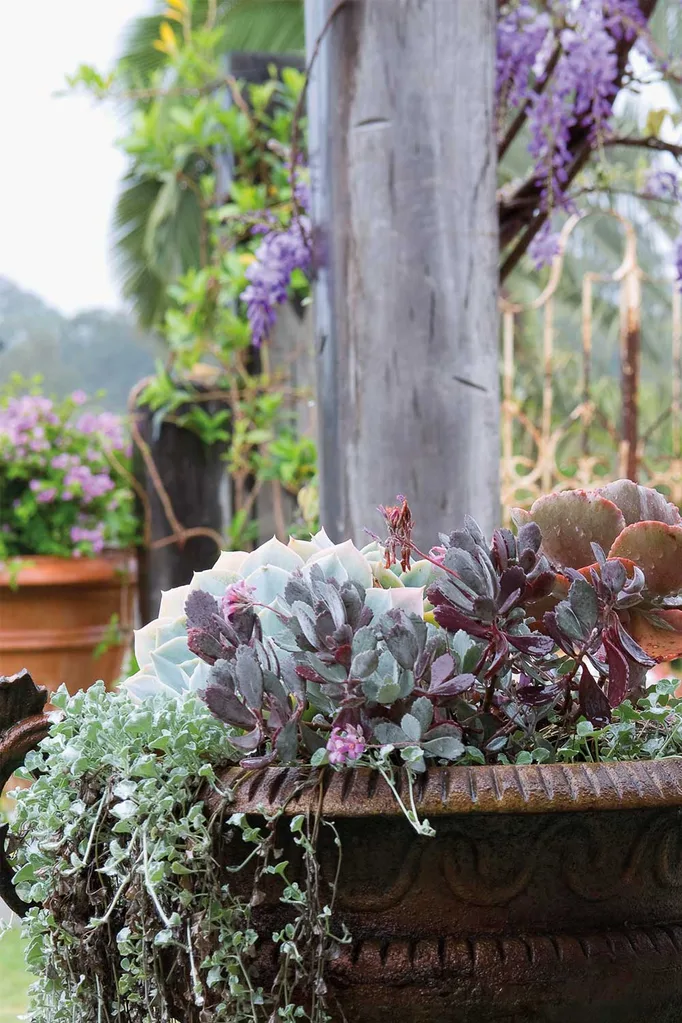
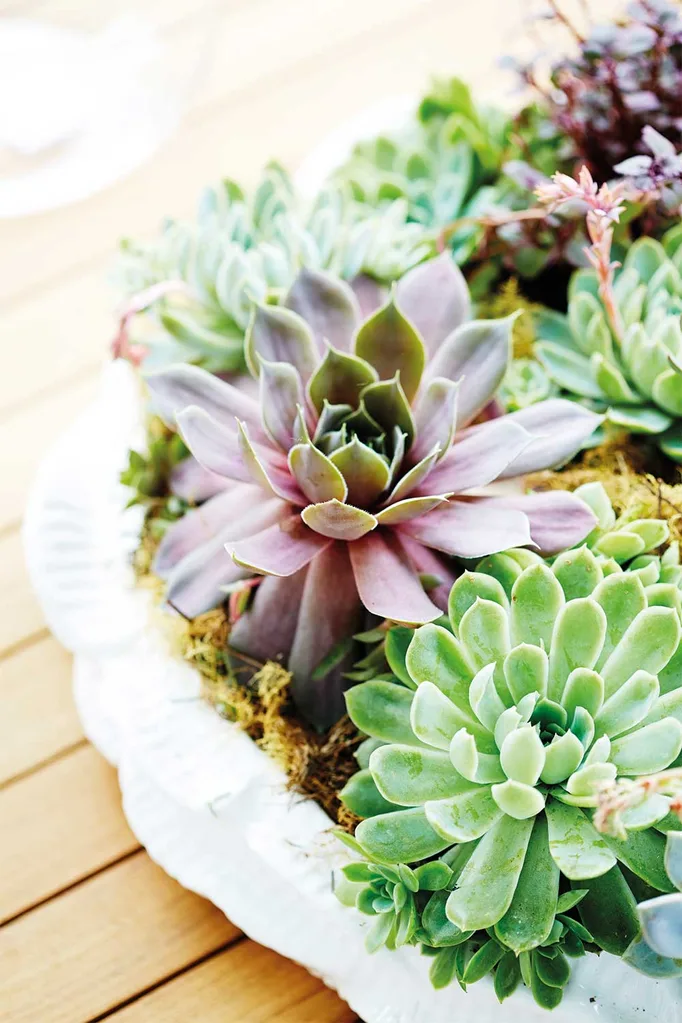
3. Group more than one pot together
Choose pots in odd numbers and graduating sizes. Plant similar varieties in each to complement one another if your pots are different, or let matching pots do the shine with a variety of shapes and coloured plants inside.
4. Use the best potting mix you can afford
You get what you pay for in potting mix so for the best results buy the best quality you can afford.
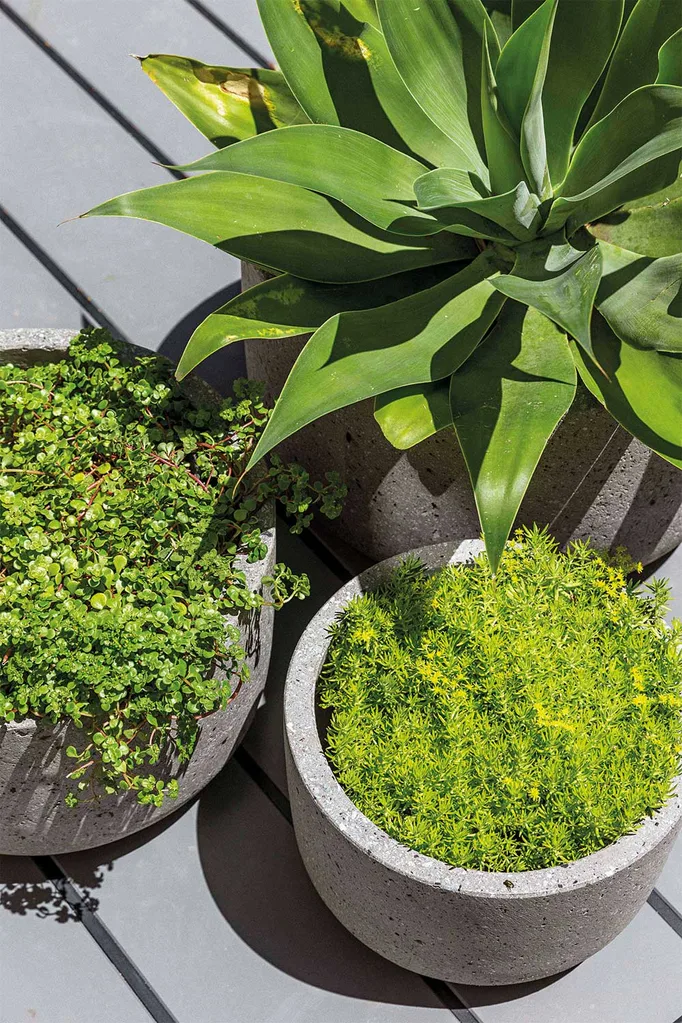
5. Plant with room to grow
Particularly if you’ve got lots of pots to fill, start with smaller plants to save money and watch them fill out and grow in your pot. When planting, half-fill your pot with potting mix first so when planted the base of your largest plant will sit just below the lip of your pot – about 2-3cm. Press the potting mix down and around all of your plants to expel air and form a firm soil base. This will also allow a little room for watering without your soil escaping over the edges.
6. Consider planting bulbs
Bulbs can be planted now to bloom at the end of winter and into spring. Jonquils, hyacinth, daffodils and tulips are a lovely way to experience a burst of colour and fragrance just when you need it most.

7. Feed, feed, feed
Like ourselves, plants perform much better when they’re well fed. Ideally a liquid fertiliser every couple of weeks or, at the very least use a slow-release fertiliser once every month to six weeks.
8. Deadhead spent flowers
To encourage new growth and keep a tidy, attractive display.
You might also like:
Pop & Scott’s gorgeous new pots
Outdoor decorating: How to choose pots for your garden
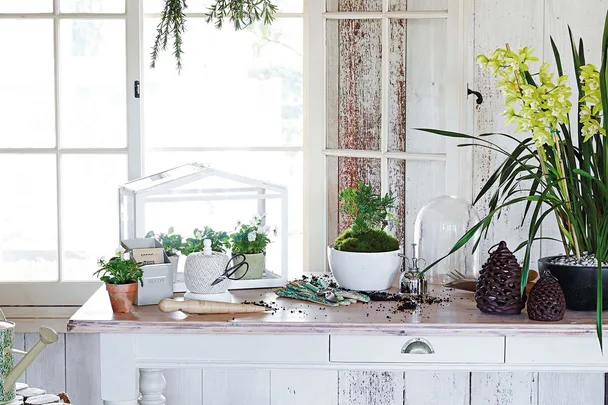 Cath Muscat
Cath Muscat

